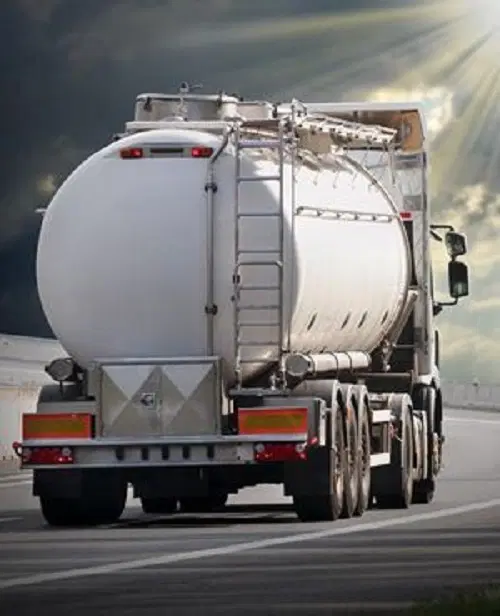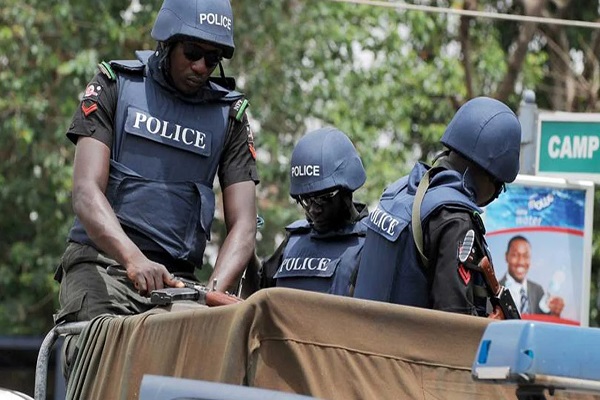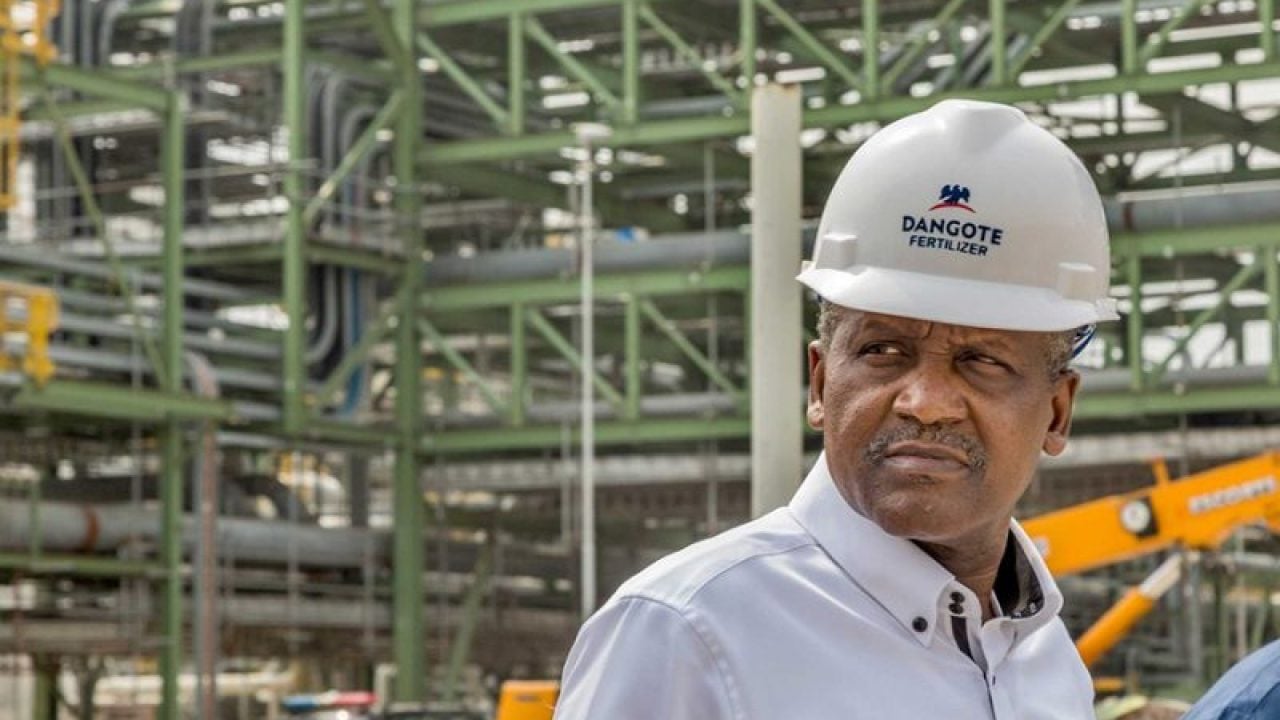Amid escalating tensions in the Middle East and growing unrest at home, Nigerians are bracing for a fresh wave of fuel price hikes, with Premium Motor Spirit (PMS) nearing the ₦1,000 per litre mark in some parts of the country.
Depot prices rose sharply on Monday following Israel’s military strikes on Iran, which pushed global crude oil prices above Nigeria’s 2025 budget benchmark of $75 per barrel. The situation worsened with the strike by petroleum tanker drivers protesting the ₦12,500 E-call up fee imposed by the Lagos State Government, effectively halting fuel loading operations along the Lekki-Epe corridor.
According to Petroleumprice.ng, the pump price of petrol from Dangote Refinery rose from ₦825 to ₦840, while Rainoil hiked its price by ₦50 to ₦900. Fynefield and Mainland pushed ex-depot prices to ₦930 and ₦920 respectively. Others like Sigmund, Matrix Warri, NIPCO, and Aiteo followed suit, pushing the retail price in several outlets to between ₦875 and ₦905 per litre.
“If nothing is done, we may be seeing prices hit ₦1,000 per litre very soon,” warned a depot operator who spoke on condition of anonymity.
The operator added that no fuel loading occurred on Monday, highlighting the urgency of resolving the dispute between tanker drivers and the Lagos State government, or risk nationwide fuel scarcity.
PENGASSAN Slams Marketers Over ‘Artificial Inflation’
In a strongly worded address, Festus Osifo, President of the Petroleum and Natural Gas Senior Staff Association of Nigeria (PENGASSAN), accused oil marketers of artificially inflating petrol prices under the guise of deregulation.
“Even with crude oil falling to around $60–$65 per barrel, petrol is still retailing above ₦900 per litre. This is unacceptable,” Osifo said at a press conference in Abuja on Monday.
He stated that based on international pricing benchmarks and exchange rates, the correct price of petrol should range between ₦700 and ₦750 per litre. He blamed the Nigerian Midstream and Downstream Petroleum Regulatory Authority (NMDPRA) for failing to enforce transparent pricing.
“NMDPRA must not stand idly by and allow marketers to exploit Nigerians under the pretence of a deregulated market. We demand they begin publishing transparent pricing templates to stop the abuse,” he added.
Osifo explained that crude prices and forex account for 80% of petrol’s final cost, and with global crude prices dropping, the local pump price should have followed suit.
Refinery Failures, Political Interference
Osifo also decried the persistent failure of Nigeria’s refineries, describing them as politically sabotaged rather than technically broken. He cited the Port Harcourt refinery, which was shut down again last week for “maintenance,” despite over $2.5 billion invested in its rehabilitation.
“We’ve made this call for over 15 years. What we are dealing with is not just technical inefficiency, but a deliberate political stranglehold on Nigeria’s refining capacity,” he said.
The Port Harcourt refinery is expected to resume operations next Tuesday, though skepticism remains high due to repeated missed deadlines.
Middle East Crisis and Nigeria’s Oil Windfall
The rising global oil prices, sparked by Israel’s recent military offensive against Iran, could offer Nigeria short-term fiscal relief. As of Monday, Bonny Light crude stood at $78.62, surpassing the federal budget benchmark.
However, energy analysts warn that higher crude prices globally translate to costlier refined products locally, since Nigeria imports the bulk of its refined fuel.
“If we do not resolve the local inefficiencies—strikes, refinery shutdowns, regulatory failure—Nigerians will keep paying more, no matter how high crude prices go,” said energy analyst Segun Adebayo.
The Way Forward
The Major Energies Marketers Association of Nigeria (MEMAN) has urged the Lagos State Government to reach a quick resolution with tanker drivers to prevent further supply disruptions.
MEMAN Executive Secretary Clement Isong admitted that the controversial ₦12,500 fee could result in further price increases and hardship for Nigerians.
Meanwhile, PENGASSAN is demanding immediate government action to:
-
Address pricing transparency via NMDPRA.
-
Reactivate and depoliticize Nigeria’s refineries.
-
Regulate depot and retail pricing even within deregulation.
-
Provide sustainable solutions to internal logistic crises affecting fuel distribution.
As tensions abroad and dysfunctions at home continue to mount, the average Nigerian remains the hardest hit—paying more at the pump while watching the same old inefficiencies repeat year after year.




